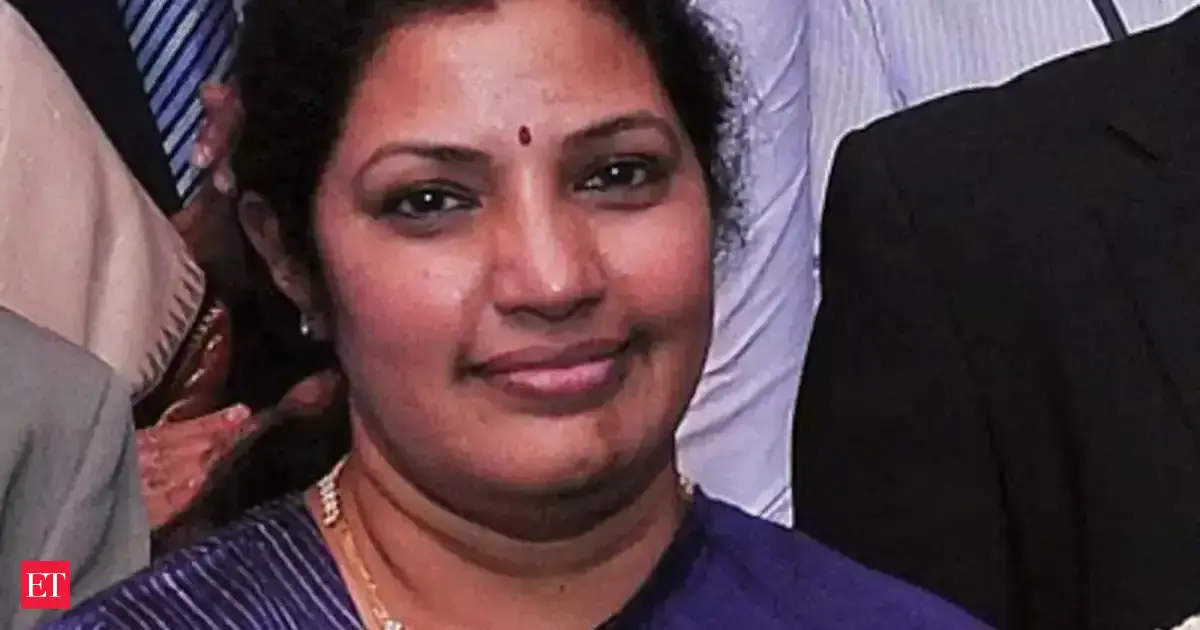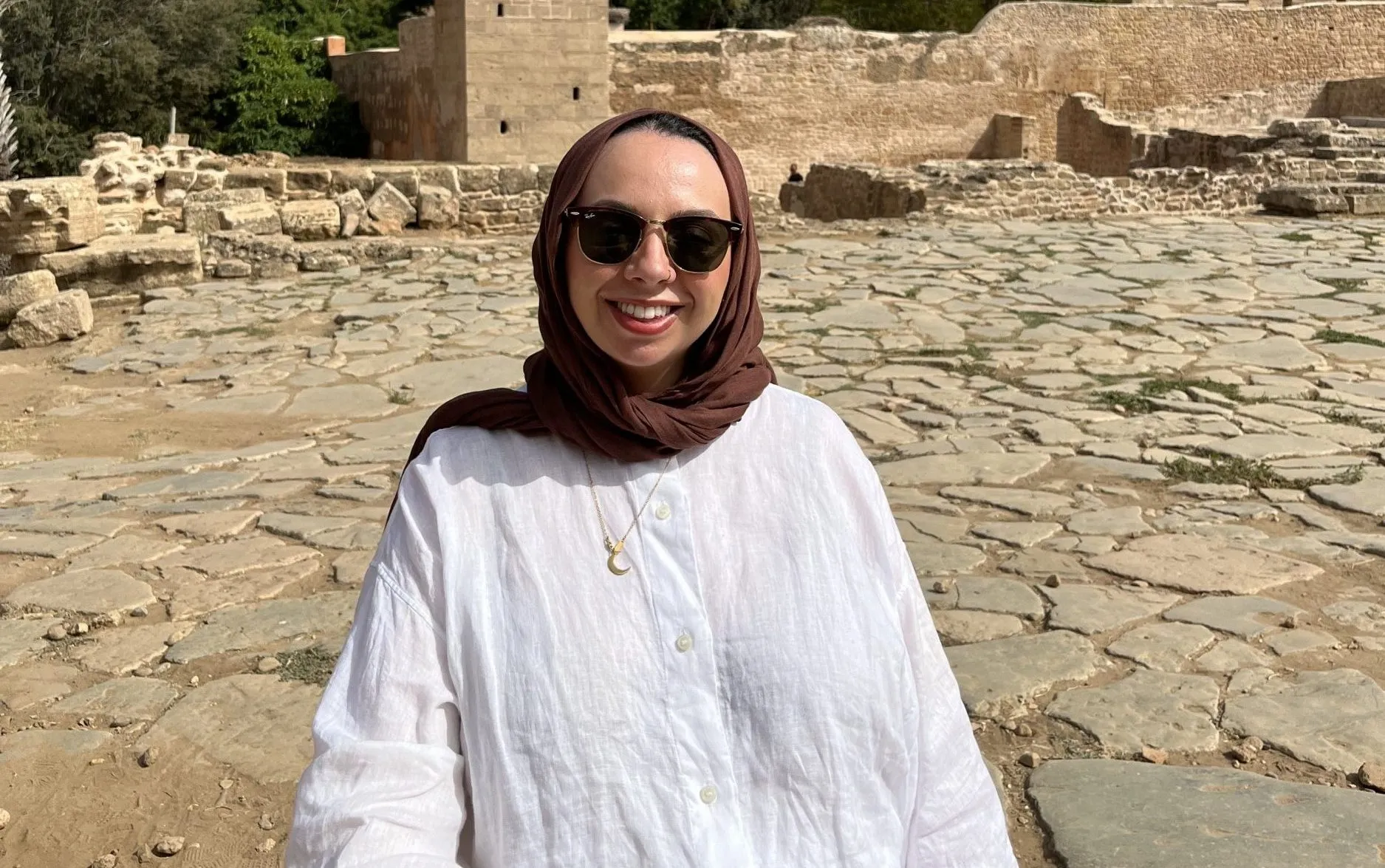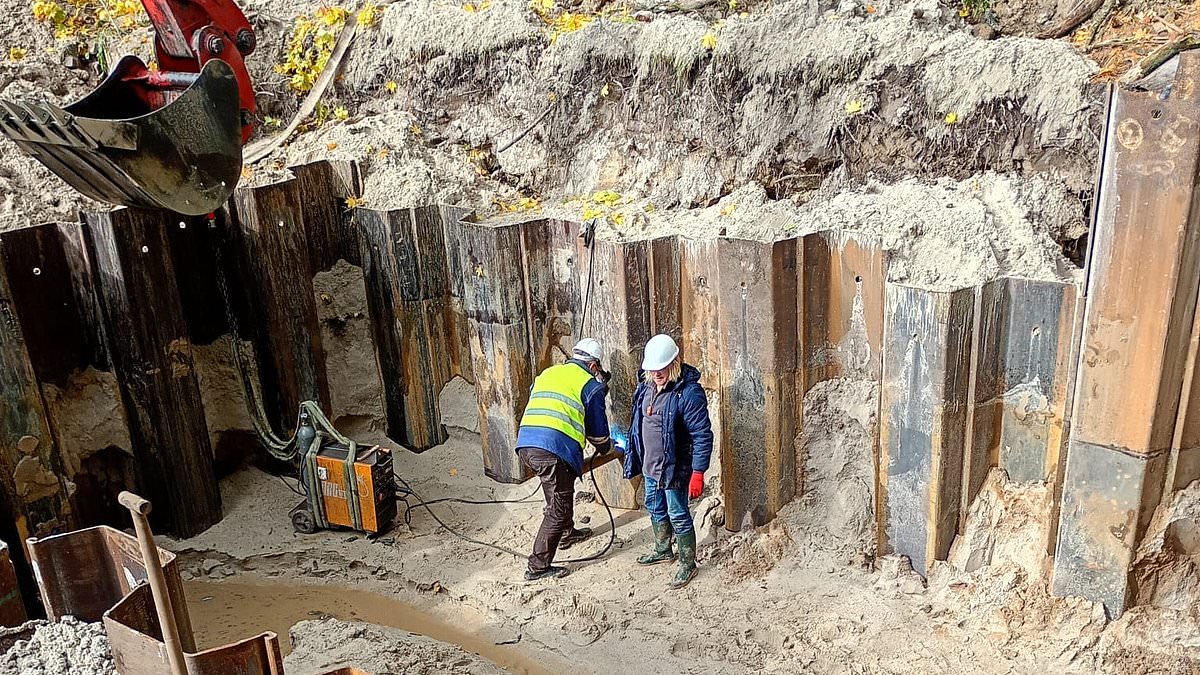Copyright indiatimes

AgenciesD Purandeswari India has said that it remains committed to expanding peaceful applications of nuclear technology, both in the power and non-power sectors, while ensuring the security of nuclear and radiological materials."India has a robust nuclear safety culture and an impeccable safety record," Member of Parliament D Purandeswari said at the 80th Session of the UN General Assembly on the Report of the International Atomic Energy Agency (IAEA) Wednesday.Purandeswari is part of a visiting delegation of Indian MPs to the UN. The second cohort of MPs, visiting from October 26-31, has held discussions with senior UN officials as well as participated in meetings of the six Committees of the UN General Assembly.Earlier this month, the first delegation of MPs visited the UN and participated in its meetings and discussions."As a responsible nuclear power with advanced technology, India remains committed to expanding peaceful applications of nuclear technology, both in power and non-power sector, while ensuring the security of nuclear and radiological materials," Purandeswari said.Live EventsShe added that India will continue to support IAEA in its efforts to provide a robust, sustainable and visible, global, nuclear, safety and security framework and New Delhi looks forward to the Agency's continued support to member states for providing a conducive atmosphere for the growth of nuclear science and technology.She stressed that the role of nuclear science and technology has been crucial in the implementation of national development strategies, and recovering from the COVID pandemic, while ensuring the implementation of the 2030 Agenda and in the achievement of climate goals in the context of the 2015 Paris Agreement.IAEA's activities in the field of technical cooperation and nuclear applications, contribute in an important way to meeting energy needs, improving human and animal health, developing agriculture, managing the use of water resources, optimising industrial processes, thus helping to improve the quality of life and the well-being of the people across the globe, she said.India welcomes the Agency's flagship initiatives, cutting across different areas of nuclear science and technology, such as "Rays of Hope" for cancer control, "ZODIAC" for strengthening capacities to respond to zoonotic disease outbreaks and "NUTEC Plastics" for addressing plastic marine pollution."We also appreciate the support extended by IAEA to Member States in response to natural disasters, outbreaks as well as emergency situations," Purandeswari said.Outlining India's significant achievements in the area of nuclear power and research applications, she said Indian nuclear power reactors have been setting records in uninterrupted continuous operation.She noted that India has contributed to the Agency's technical co-operation programmes by seconding experts and offering training in its reputed institutions for experts from other Member States."We have also supported R&D activities of IAEA by participating in and hosting Technical Meetings and Coordinated Research Projects. We will continue to provide this support to the Agency's programs," she said.Member of Parliament G K Vasan, delivering a statement at the open briefing on the UN Security Council 1540 Committee on nuclear non-proliferation, reaffirmed India's unwavering commitment to global efforts to prevent the proliferation of Weapons of Mass Destruction (WMD) and their delivery systems.The access to these WMD by terrorists and other non-state actors adds a serious dimension to threats posed by these weapons to international peace and security, he said.Vasan said India supports the 1540 Committee's enhanced cooperation and coordination with other relevant UN bodies and international organisations, and this Council's Counter-Terrorism Committees to prevent terrorists and other non-state actors from acquiring WMD, their delivery systems and related materials, equipment and technologies."In this regard, another key area that needs the focus of the international community is rapid evolution of proliferation risks. New and emerging technologies may increase these risks of WMD and delivery system access by terrorist groups and other non-state actors. Therefore, preventing terrorist groups from acquiring and using WMDs must be a priority and responsibility of the international community, and we continue to encourage the member States to focus on this critical threat," he said. Add as a Reliable and Trusted News Source Add Now! (You can now subscribe to our Economic Times WhatsApp channel) Read More News onIndia nuclear technologyUN General Assemblypeaceful applications of nuclear technologyWeapons of Mass Destruction (WMD)nuclear safety cultureglobal nuclear securityCOVID pandemic recoveryIAEA initiatives (Catch all the Business News, Breaking News and Latest News Updates on The Economic Times.) Subscribe to The Economic Times Prime and read the ET ePaper online....moreless (You can now subscribe to our Economic Times WhatsApp channel)Read More News onIndia nuclear technologyUN General Assemblypeaceful applications of nuclear technologyWeapons of Mass Destruction (WMD)nuclear safety cultureglobal nuclear securityCOVID pandemic recoveryIAEA initiatives(Catch all the Business News, Breaking News and Latest News Updates on The Economic Times.) Subscribe to The Economic Times Prime and read the ET ePaper online....moreless Prime ExclusivesInvestment IdeasStock Report PlusePaperWealth Edition123View all Stories



